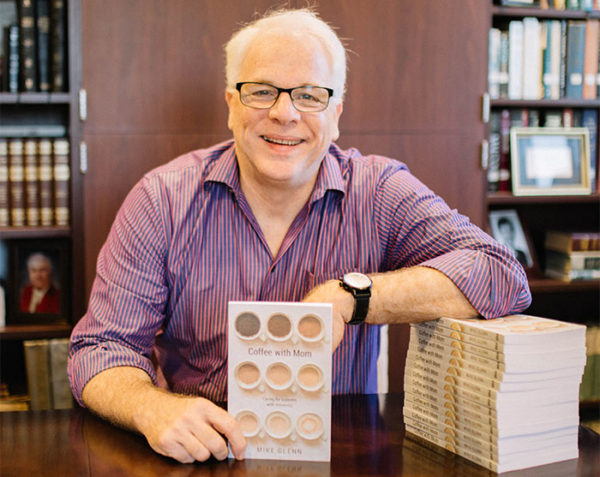In a ceremony that blended worship and a call to action, tens of thousands gathered Oct. 16 for the official dedication of a national memorial to Martin Luther King Jr.
“In this place, he will stand for all time, among monuments to those who fathered this nation and those who defended it; a black preacher with no official rank or title who somehow gave voice to our deepest dreams and our most lasting ideals,” President Obama said.
Obama spoke in the shadow of the 30-foot sculpture of King’s likeness called the “Stone of Hope,” which emerges from a “Mountain of Despair,” both images taken from King’s iconic 1963 “I Have a Dream” speech.
The throngs of people were smaller than the crowds anticipated for the memorial’s original dedication date on Aug. 28, the 48th anniversary of the March on Washington and King’s most famous speech.
Weeks after Hurricane Irene disrupted the original dedication festivities, those who made it to the rescheduled ceremony said the delay had not dampened their respect for King’s legacy as a religious and civil rights leader.
Held during the traditional Sunday morning worship time, the ceremony featured choirs, gospel artists Mary Mary and Aretha Franklin singing one of King’s favorite hymns, “Precious Lord.”
King family members, civil rights veterans and celebrities said King’s message should not remain solely like the monument, set in stone, but rather be continually put into practice.
The memorial was supported by a wide array of houses of worship, particularly black churches, that had contributed large and small sums to make it a reality on the edge of the Tidal Basin. Harry Johnson, president of the memorial’s foundation, said more than 200 churches contributed $1.8 million to the $120 million memorial, for which $117 million has been raised.
And though not as many as originally planned, church members drove, bused and flew to Washington for Sunday’s dedication. More than 100 members of Atlanta’s Ebenezer Baptist Church, where King once served as co-pastor, made the trip. Its pastor, Raphael Warnock, said the black church, in particular, sees in King not only a national leader but also one of their own.
“Martin Luther King Jr. is, without a doubt, the black church’s most beloved son and celebrated saint,” said Warnock, who gave the benediction and whose choir sang at the ceremony.





Share with others: